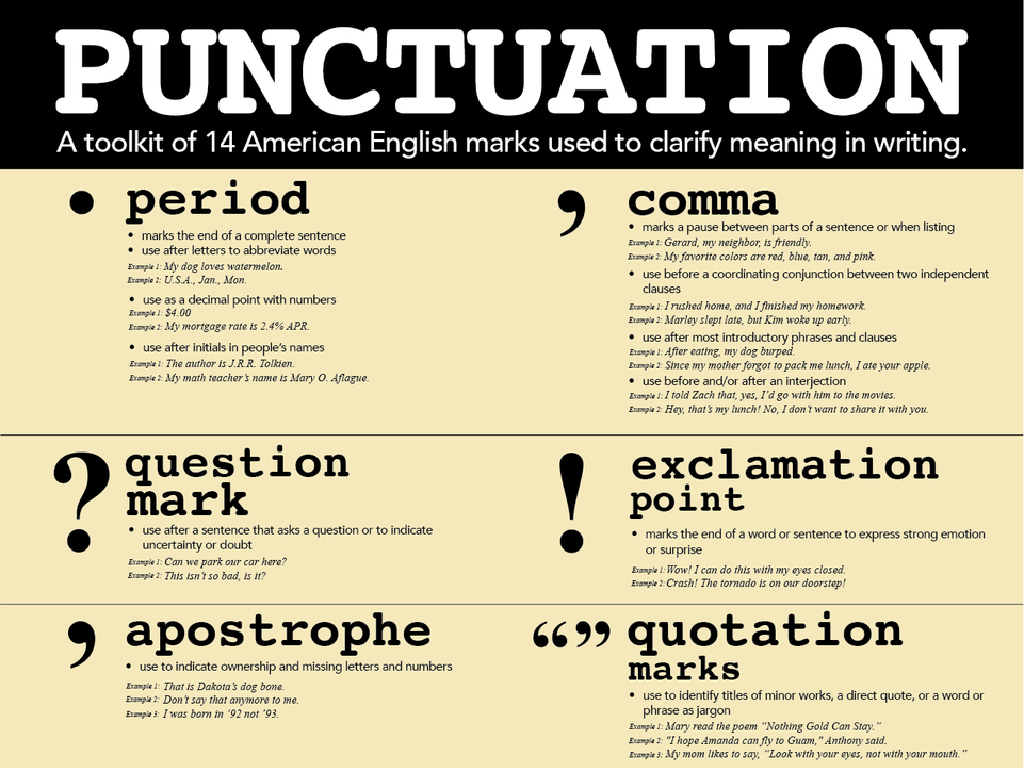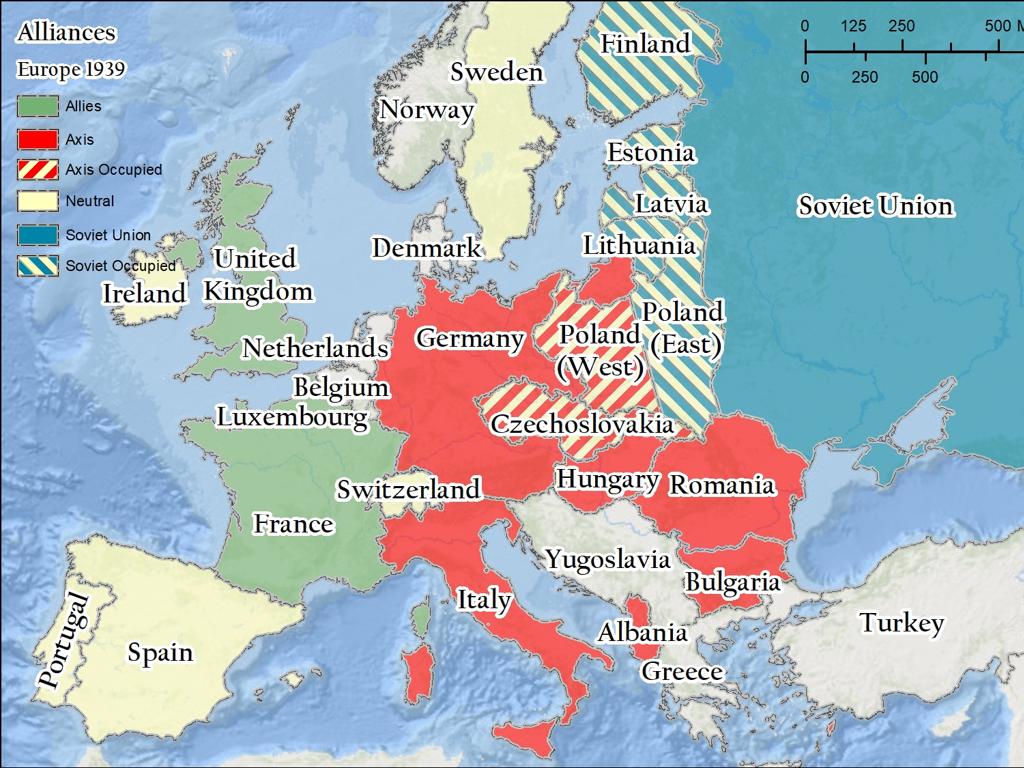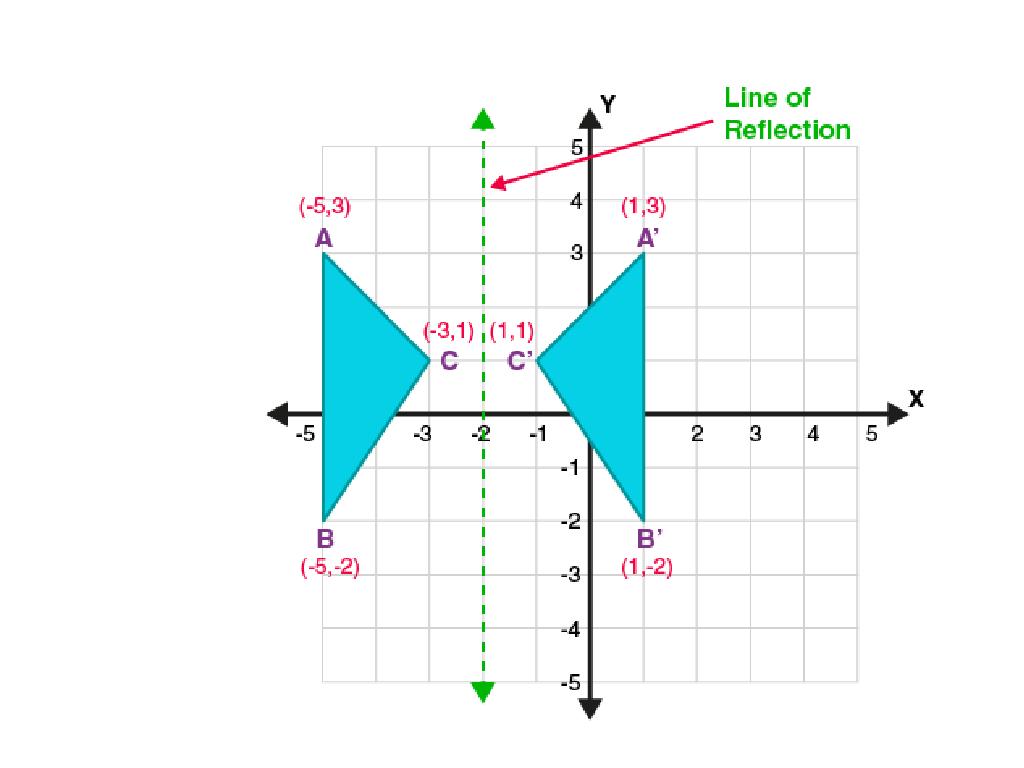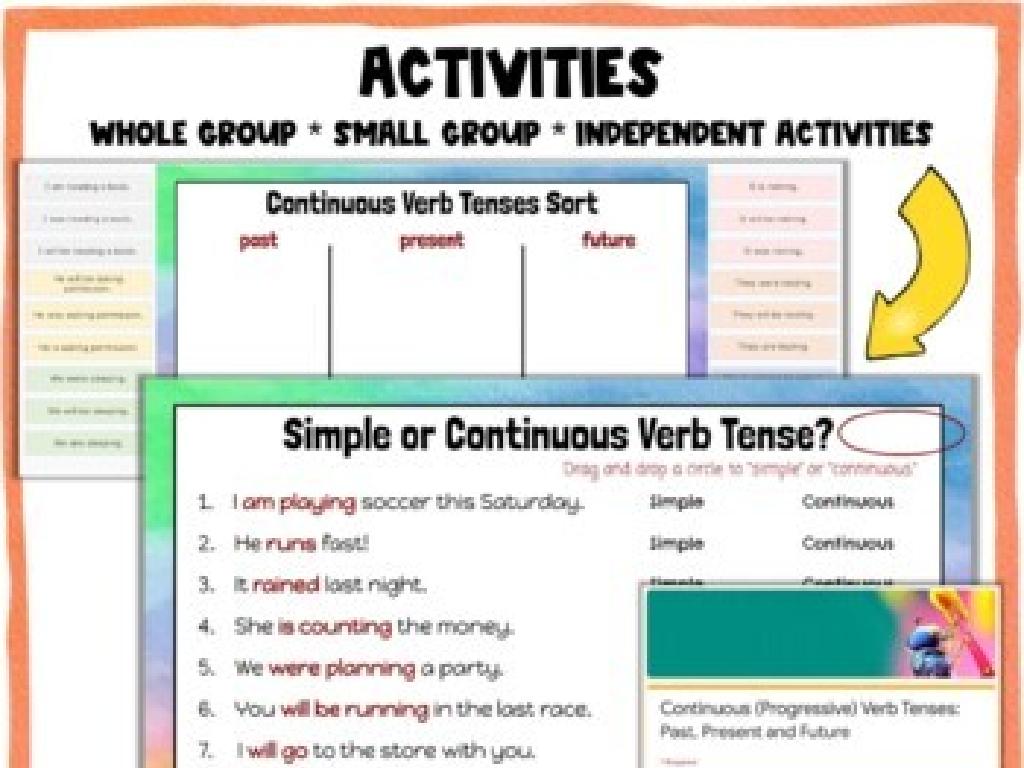Rights And Responsibilities Of Active Citizenship
Subject: Social studies
Grade: Seventh grade
Topic: Citizenship
Please LOG IN to download the presentation. Access is available to registered users only.
View More Content
Introduction to Citizenship
– Define ‘citizen’
– A member of a state or nation who owes allegiance to its government and is entitled to its protection
– Citizenship in a community
– How individuals interact and contribute to their local community
– Rights of active citizens
– Rights include voting, free speech, and fair trial
– Responsibilities of citizens
– Responsibilities include obeying laws, paying taxes, and jury duty
|
Begin the lesson by defining what it means to be a citizen, emphasizing the dual aspects of allegiance and protection. Discuss the role of citizenship within the context of a community, highlighting how active participation and contribution are key. Provide an overview of the rights that active citizens are entitled to, such as participating in democracy through voting and enjoying freedoms protected by law. Also, outline the responsibilities that come with citizenship, including following the laws, contributing to the community through taxes, and participating in the judicial process when called upon. This introduction sets the stage for a deeper dive into the balance between the rights and responsibilities that shape active citizenship.
Understanding Citizen’s Rights
– Define citizen’s rights
– Legal entitlements allowing individuals freedom of action
– Examples: Speech, Religion, Press
– Freedom to express, believe, and report without undue restriction
– Rights paired with responsibilities
– Each right is balanced by a duty to the community
|
This slide aims to introduce students to the concept of rights within the context of citizenship. Begin by defining rights as legal or moral entitlements that allow individuals to act freely within society. Provide tangible examples such as the freedom of speech, religion, and press to illustrate these rights in a way that is relatable to the students. Emphasize that with these rights come responsibilities; for instance, the right to free speech comes with the responsibility to not harm others with one’s words. Encourage students to think critically about how rights and responsibilities affect their daily lives and the functioning of a democratic society.
Responsibilities of Active Citizenship
– Define community responsibilities
– Responsibilities are duties we have towards others in our community.
– Examples: Voting, laws, jury duty
– Voting helps choose leaders; obeying laws maintains order; jury duty ensures fair trials.
– Responsibilities’ role in society
– A society functions smoothly when citizens fulfill their responsibilities.
– Impact of fulfilling responsibilities
– Active participation strengthens democracy and promotes the common good.
|
This slide aims to educate seventh-grade students on the concept of responsibilities within a community. Responsibilities are the duties or tasks that citizens are expected to perform as part of a functioning society. Examples include participating in the democratic process through voting, adhering to established laws for the safety and order of the community, and serving on a jury to uphold justice. Emphasize how these responsibilities contribute to the well-being and stability of society. Discuss the positive impact of active citizenship, such as a stronger democracy and a sense of unity. Encourage students to think about additional responsibilities they may have in their own lives and how they contribute to their community.
Rights and Responsibilities in Action
– Case study: Local event participation
– Examining a citizen’s involvement in a community event
– Impact of rights & responsibilities
– How exercising rights and meeting responsibilities can lead to different event outcomes
– Balancing rights with duties
– Understanding that rights come with the obligation to respect others’ rights and follow laws
– Active citizenship in communities
|
This slide aims to illustrate the practical application of rights and responsibilities through a case study of a citizen’s role in a local event. Discuss how active participation and understanding of one’s rights and responsibilities can influence the outcomes of community events. Emphasize the importance of balancing personal freedoms with the duties we have towards our community and fellow citizens. Encourage students to think critically about how they can contribute positively to their community while exercising their rights and fulfilling their responsibilities. Provide examples of active citizenship, such as volunteering, voting, or participating in local government, and discuss the impact these actions can have on the community.
Active Citizenship in Our Community
– Define active citizenship
– Active citizenship means being involved in community affairs and governance.
– Why participation matters
– Participation shapes society and promotes the common good.
– How to be an active citizen
– Volunteering, staying informed, and advocating for causes are ways to engage.
– Examples of active citizenship
– Joining a cleanup, attending town meetings, or writing to local representatives.
|
This slide introduces the concept of active citizenship, emphasizing the role of individuals in shaping their community and government. It’s crucial for students to understand that active citizenship goes beyond just having rights; it includes the responsibility to participate in the political process and community life. Discuss the importance of staying informed about local and national issues, and how this knowledge empowers citizens to make a difference. Provide examples of active citizenship, such as volunteering for community service, participating in local government, or advocating for social change. Encourage students to think of ways they can contribute to their community and be active citizens, even at their age.
Your Role as an Active Citizen
– Reflect on rights and responsibilities
– Consider the freedoms you enjoy and your duties
– Being active in school and community
– Join clubs, volunteer, and participate in local events
– Discuss ways to contribute to society
– Think about community service, helping neighbors, and environmental conservation
– Share ideas for positive impact
|
This slide aims to engage students in thinking about their role in society as active citizens. Start by reflecting on the balance between personal rights and responsibilities, emphasizing that with freedom comes the duty to contribute to the common good. Encourage students to consider ways they can be active participants in their school and local community, such as joining student government, volunteering for community service, or participating in local events. Facilitate a discussion where students can share their ideas on how to make a positive contribution to society, fostering a sense of civic duty and social responsibility. This will help them understand the impact of their actions on their community and the importance of being involved citizens.
Class Activity: Citizenship Role-Play
– Role-play rights & responsibilities
– Understand actions’ impact
– Reflect on the role-play
– Discuss the learning experience
|
This activity is designed to engage students in understanding the rights and responsibilities of active citizenship through role-play. Divide the class into small groups and provide each group with a scenario that depicts a situation where they must exercise their rights and responsibilities as citizens. Scenarios can include voting, community service, or resolving a conflict in a public space. After the role-play, lead a debriefing session where students can reflect on the impact of their actions on others and the community. Encourage them to discuss what they learned and how they can apply these lessons to real-life situations. Possible scenarios for role-play: 1) Organizing a neighborhood clean-up, 2) Debating a new school policy, 3) Participating in a mock election, 4) Resolving a dispute in a public park, 5) Volunteering for a local charity event.






